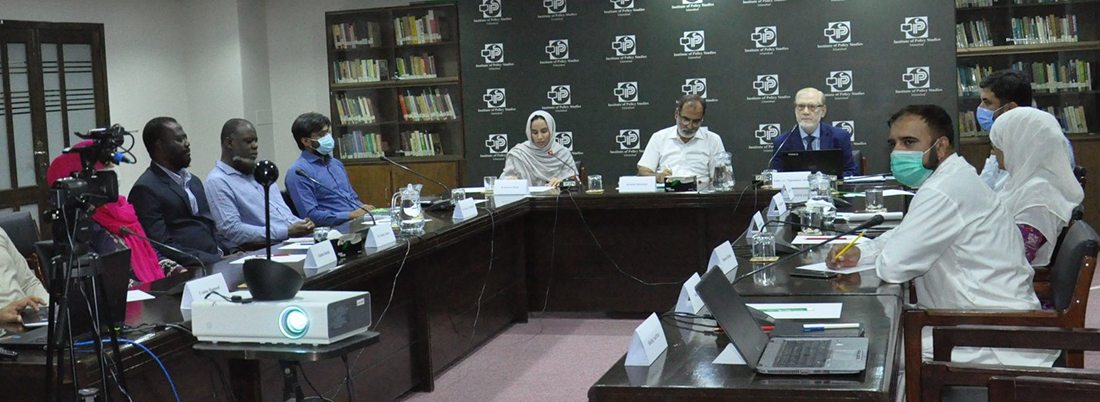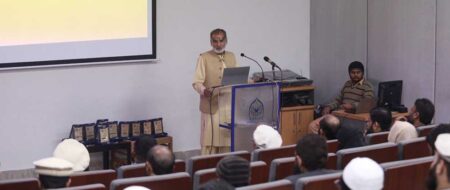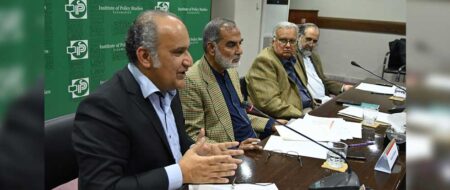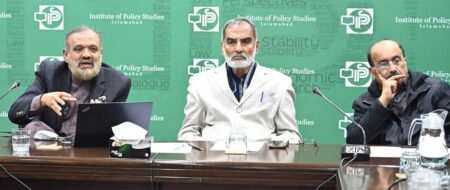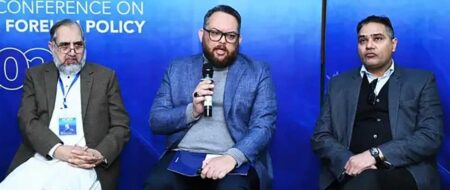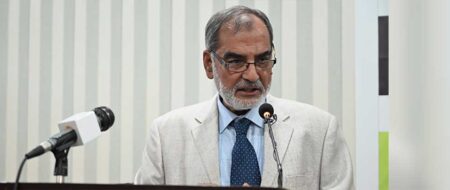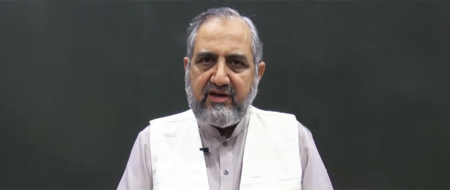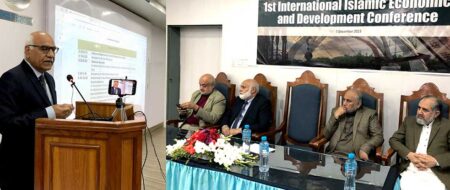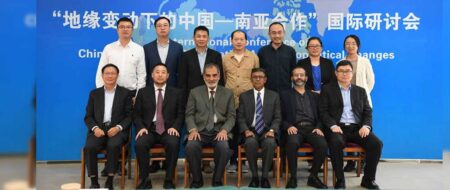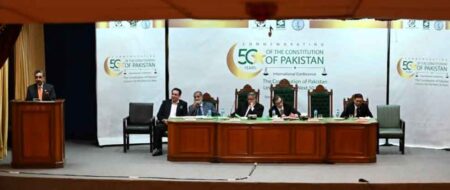‘Connecting with Africa: Prospects and Opportunities for Pakistan’
RTC explores gaps in Pakistan’s relations with African countries, identifies avenues for strengthening of multilateral ties
Pakistan has missed out big time by not capitalizing on its peacekeeping missions in African countries, its rendered diplomatic support for the independence movement of many in the decades of 1960s and 70s and alumni of several thousand African students and officials who have studied in Pakistani universities and institutions. The need is now critical to revitalize that social, political and diplomatic footprint in the region, while creating new opportunities aimed at sustaining mutually beneficial ties.
The notions were expressed at the roundtable titled ‘Connecting with Africa: Prospects and Opportunities for Pakistan’, which was organized by Institute of Policy Studies (IPS), Islamabad on 22 September 2020. The sitting was chaired by Ambassador (r) Tajammul Altaf, senior research associate at IPS, and addressed by Khalid Rahman, executive president, IPS, Dr Tughral Yamin, associate dean, Centre for International Peace and Stability (CIPS), National University of Science and Technology (NUST), Dr Najam Abbas, senior researcher, East West Institute, UK, Dr Bakare Najimdeen, HOD, International Relations, NUST, Farzana Yaqoob, Founder & CEO, Center for Asian African Studies (CAAS) and Dr Bashir Bahar, assistant professor, International Islamic University Islamabad (IIUI). It may be mentioned that Dr Najimdeen hails from Nigeria and Dr Bahar from Sudan.
Ambassador (r) Tajammul Altaf, who has also served in Tanzania as Pakistan’s ambassador, stated in his opening remarks that the continent of Africa had so much to offer but there were a lot of gaps in Pakistan’s foreign policy to benefit from that potential. The region, according to the former diplomat, had a collective GDP of more than USD3.4 trillion and had an import market of approximately USD4500 billion. He however rued that despite having supported many African countries in their freedom struggle in 1960s and 70s and despite having solid relations with them following that, these ties gradually started diminishing. He bemoaned that where Pakistan once had 27 embassies in Africa, now it is left with only 15 missions whereas only 12 African countries have their embassies functioning in Pakistan at present.
Khalid Rahman called upon the policymakers in Pakistan to focus on Africa in a constant and coherent way by facilitating and strengthening social and mental connectivity between the two regions. He said that Africa, like Pakistan, was a victim of the unjust global order of the postcolonial era and hence there were quite a few social and political agendas the two regions could pursue mutually.
From Pakistan’s perspective, he pointed out, the continent was a home of about 41% Muslims out of its total population and many African countries were also a part of OIC. There were 55 African countries in the UN as well, he added, and each of them had a valued vote which is a significant strength itself, and hence this strength should be utilized on the global platform to garner principles support for each other concerning ideological issues.
Dr Yamin emphasized on benefitting from Pakistan’s peacekeeping missions in Africa as well as from its African diaspora. He said that Pakistan has deployed over 5000 troops in Africa to date which go there, build good relations, build hospitals, parks, schools, etc., but come back without capitalizing on these contributions. He stressed that Pakistan needs to recraft its peacekeeping foreign policy and try to make best use of these opportunities before these missions die out. Similarly, he added, there were a lot of Pakistanis living in African countries and we need to tap on the potential of their regional knowledge. He identified construction as one of the industries that have a huge potential there and hence should be given good attention.
Dr Najimdeen shed light on different geo-political, geo-strategic and cultural dimensions to approach this issue while maintaining that there was a lot in between Pakistan and African countries to collaborate on. Beginning from economic perspective, he said that there could be 3 to 4.6 billion of trade between the two regions. African Free Trade Agreement was also a big opportunity for Pakistan according to the speaker. He said that Gwadar too could benefit considerably from the trade of oil from the countries like Nigeria, Mozambique and Angola whereas the pharmaceutical and engineering industries are some of the other areas to look upon. He stressed that Pakistan needs to diversify its strategy by availing higher education opportunities on offer in many African countries and hence also try to contribute to the social development of the continent in the process.
Dr Bahar pointed out that Pakistan was a second home for many African students who come to the country in big numbers every year to pursue their higher education and then go on to serve in their home countries on important positions. This important pool however instead of being engaged after that, gets disconnected and the huge potential of their sustainable resource is sadly lost. He stressed that Pakistan needs to capitalize on this resource pool and come up with a comprehensive strategy like China to turn it into an asset.
Farzana Yaqoob stressed people-to-people contacts, business-to-business connectivity, collaborative research endeavors and effective diplomatic engagements between Pakistan and African.
Dr Abbas’ speech focused on identifying overarching umbrellas which can bring both regions closer to each other. He pointed out that the two regions had quite a few similarities like both of them were rich in crude production but lacked sorely in value addition. Acceptance and rejection of Western education was a concern at both ends whereas none of them was able to make much advancement in ocean economies. Other than that, the CommonWealth states and islands could also collaborate on enabling safe and sustainable marine economies among them as they have a common challenge on how to move to alternate sources from the ocean into the blue economic domain. In addition, he highlighted the opportunities in health and education sectors, manpower training and other areas where Pakistan can contribute significantly to the African continent’s socio-economic development.


